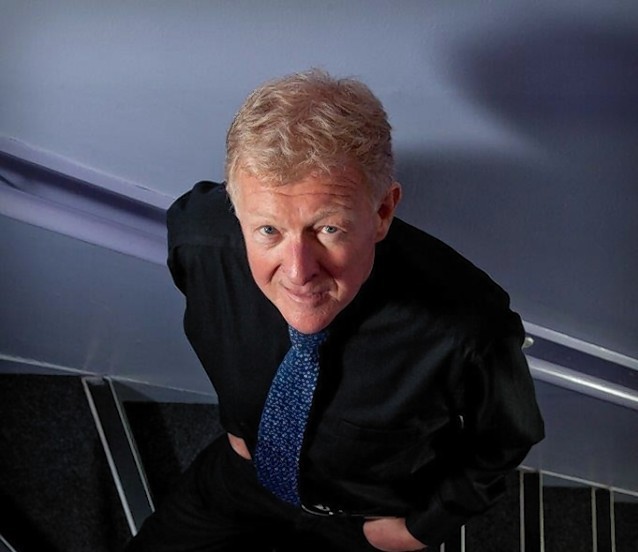A cut in VAT for hotels slashing airport taxes have been proposed among a raft of measures that could make Scotland one of the top five wealthiest countries in the world.
Dan Macdonald, a millionaire property developer who originally hails from Dornoch, has launched a think tank which will commission a series of reports aimed at advising government policymakers when planning Scotland’s economic future.
The first two reporta published yesterday also claimed it is “not too late” to set up an oil fund – either by the UK or an independent Scotland – in line with most developed oil producing countries.
Mr Macdonald, whose Edinburgh-based Macdonald Estates built the £16million Longman Road retail park in Inverness, said he aims to overcome what he perceives as a “short-term, silo-ed” approach to Scotland’s economic performance and development.
The think tank, named N-56 after Scotland’s latitude, has commissioned independent economic research bodies over the last 15 months to undertake studies. Further reports on oil and gas and the financial services sector are expected to follow.
Graeme Blackett, author of the Scotland Means Business reports and founder of BiGGAR Economics said:
“N-56 believes that a package of measures are required to boost economic growth. These could include targeted tax measures, such as reducing VAT on tourism businesses, as is the case in many other European countries, and reducing air passenger duty (APD) to help boost the competitiveness of the Scottish tourism sector.
“This will increase economic growth in Scotland, generating jobs and successful tourism businesses, and so increasing income tax and business taxes paid.”
Steve Harris, Chief Executive, VisitAberdeen backed the report’s findings.
He said: “There is no doubt that tourism in the UK suffers from a greater burden of taxation than many of its European competitors, and high VAT also stifles our ability to be competitive.
“The quickest and easiest win for both Government and industry is to abolish APD: it makes no sense on any level and, critically, is responsible for exporting business to Europe that should be done in the UK.
“It gives an advantage to airports and airlines outwith the UK, and deters visitors from coming to the UK and taking internal flights – from London to Aberdeen for example – for part of their holidays. This is borne out by the fact that there are now 18 regional UK airports with flights to Schiphol, Amsterdam, while only eight have flights to London.”
